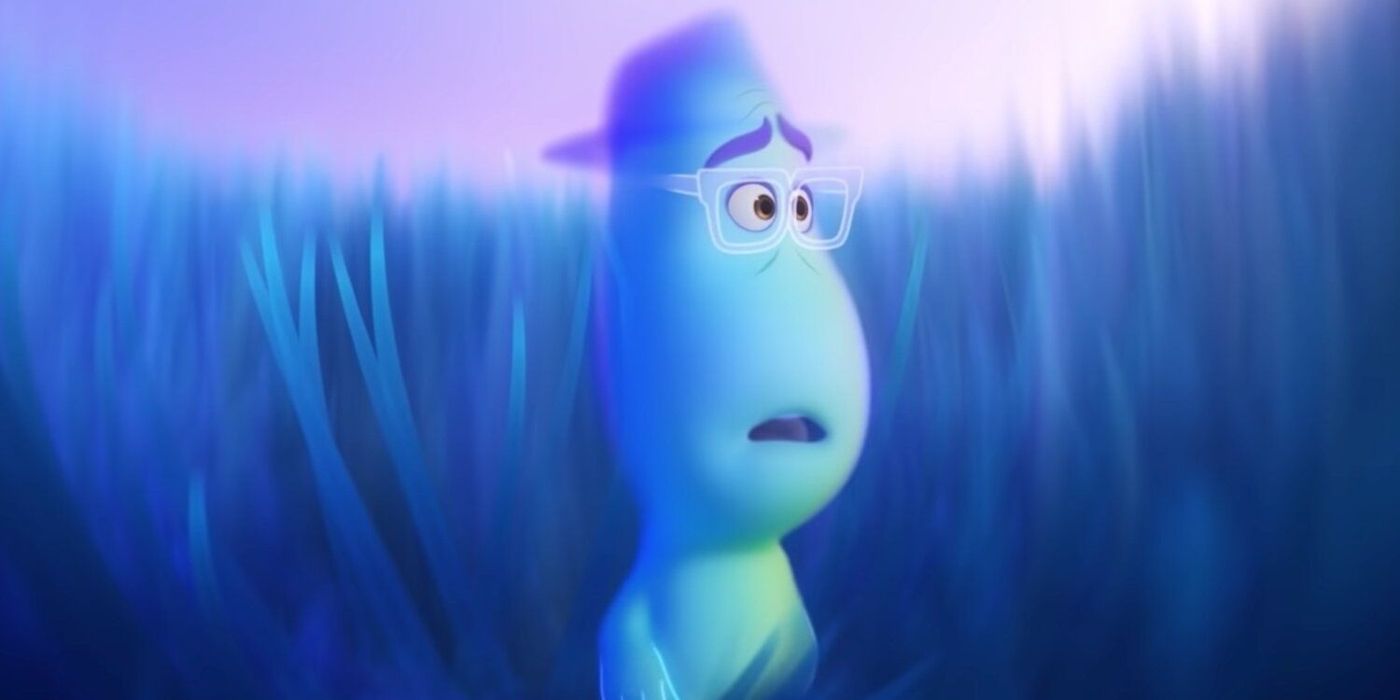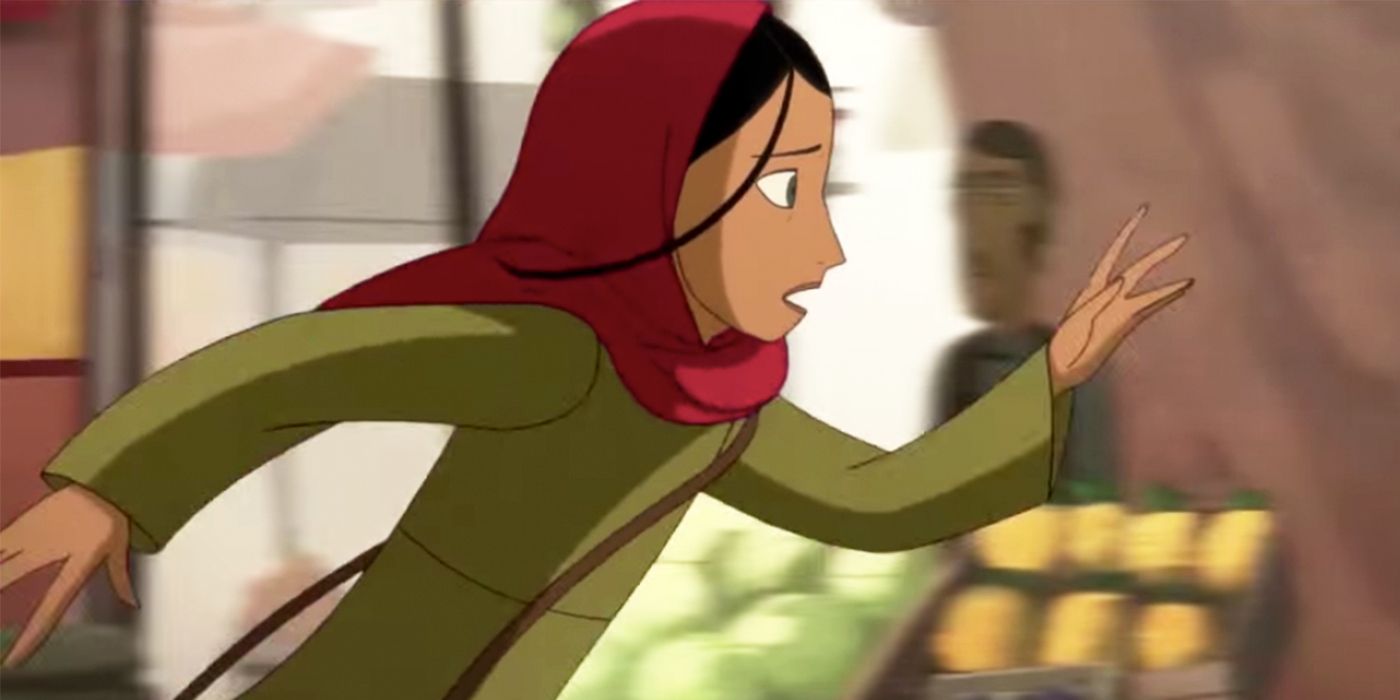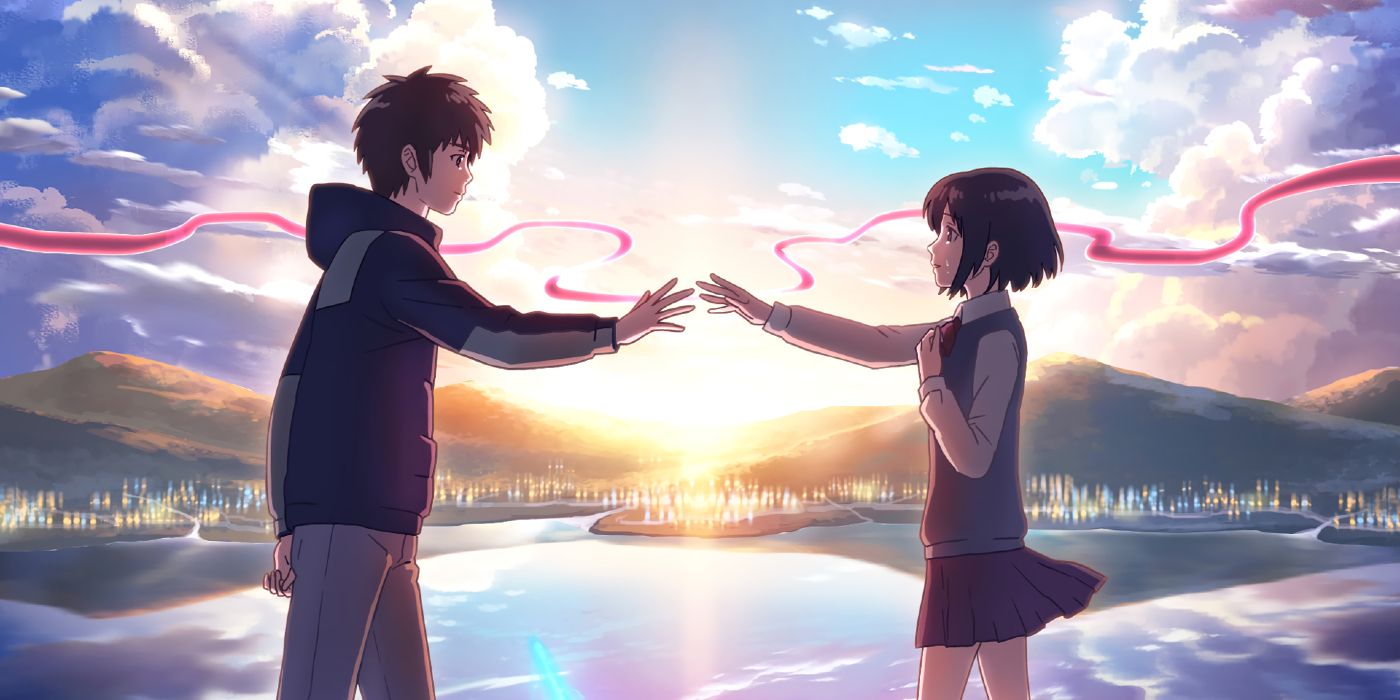When the question of “who is the best director alive right now?” gets asked, the same names are often put forward – Martin Scorsese, Quentin Tarantino, the Cohen Brothers, etc.. These individuals are seen as the best of the best, as the most talented directors working at the moment. Interestingly, though, apart from being white and male, what do these names all have in common? None of them have ever worked in animation.
Despite making up around 20% of the contemporary box office, animated films rarely receive the artistic kudos of their live-action counterparts. Perhaps because the medium is connoted with being for children (or because animated films aren’t as preoccupied with ‘Golden Age’ Hollywood as others), but for whatever reason, animated films and their directors are usually overlooked, which is a massive shame because some of the best directors working at the moment are in animation.
Indeed, this seems to be a problem endemic to the industry – audiences are far more aware of live-action directors than they are of animation directors. Apart from Studio Ghibli’s Hayao Miyazaki, how many directors primarily based in animation can the average movie lover can name?
Take Pixar, for instance. Despite being acclaimed as the leading producer of high-quality animated films, their creative cohorts aren’t exactly well-known (John Lasseter is perhaps quite famous, although he hasn’t been actively involved in a Pixar film since 2013). Alternatively, Pete Docter, who has served as the Chief Creative Officer of the company since 2018 and directed Up (2009), Inside Out (2015), and Soul (2020), three of Pixar’s most critically acclaimed titles, is a powerhouse who certainly isn’t in the public eye. Countless directors consider the opening sequence of Up to be one of the strongest five minutes in cinematic history, yet Docter is far from a household name.
Away from large studios, independent movies are often where incipient directors make a name for themselves. Barry Jenkins, Damien Chazelle, Christopher Nolan, and Bong Joon Ho all found their successes in the realm of indie movies, but the same luck isn’t afforded to animation directors, even if their work is of comparable quality. Take 2017’s The Breadwinner for example. The film holds 95% on Rotten Tomatoes, was nominated for over 10 Best Animated Feature awards (including at the Oscars), and was even called one of the best animated films of all time, but Nora Twomey (its director) hasn’t received the same buzz as the previously mentioned names. With The Breadwinner ostensibly being such a masterpiece, the lack of attention given to Twomey seemingly isn’t due to her not being deserving, but rather simply because animation directors are systemically overlooked.
Even internationally, this is an issue. When Your Name (2016) overtook Spirited Away (2001) to become the highest-grossing anime film of all time, the same popularity didn’t reach Makoto Shinkai, the film’s writer and director. Your Name received critical acclaim across the board, with 98% on Rotten Tomatoes, yet in an interview, Shinkai commented “everyone loves the film but no-one knows who I am!” It would seem that even in the animation capital of the world, animation directors are ignored.
Nevertheless, things are perhaps beginning to change. Directing team Phil Lord and Chris Miller, who got their start with the animated TV series Clone High and film Cloudy With a Change of Meatballs (2009), have found mainstream acclaim, utilizing this buzz to direct The Lego Movie (2014) and the live-action 21 Jump Street (2012). Equally, Brad Bird became well-known after The Iron Giant (1999) and The Incredibles (2004), similarly moving into live-action directing with Mission Impossible: Ghost Protocol (2011) and Tomorrowland (2015). However, in both these examples, the directors became household names only after they began moving away from animation to direct live-action instead; it would seem that if a director of animation wants to receive the mainstream acclaim they deserve, all they have to do is stop directing animation.
Above all else, the artistic value of animation is often overlooked. Between Pete Docter, Nora Twomey, and Makoto Shinkai, it should be clear that the brilliant directors of animated films don’t receive the same amount praise their live-action alternatives garner, which is a massive shame. So, after watching an enjoyable animated film, perhaps Tweet about its director afterwards.



